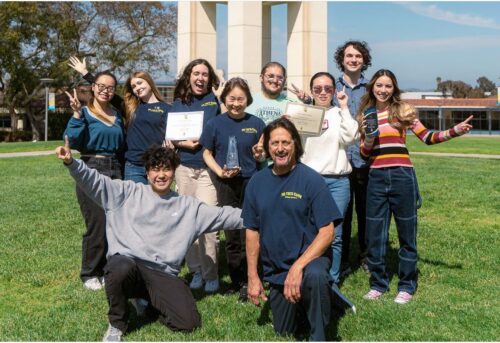Editor’s Note: This post was written and submitted by Tyler McKenzie, International Vice President for Division 3.
“We are all human. We share a human experience. Paradoxically, however, we are all uniquely different,” says Helen Turnbull, creator of Cognizant, an unconscious bias assessment tool, and a recipient of the Catalyst Award for Gender Improvement.
I am drawn to this quote because of how much truth it holds. Each of us come from various backgrounds and have experienced the world in different perspectives, but we all share a collective experience of being.
Turnbull has been addressing an issue regarding affinity bias or the propensity to surround ourselves with like-minded individuals for many years. She discusses the significance behind our neuropsychology and how we appear more empathetic and sympathetic to people we consider to be our “in-group” versus those in our “out-group.” So, how do we overcome this obstacle if we are biologically designed to associate ourselves with people who are similar?
In terms of neuropsychology, I believe a solution to this challenge is by encouraging or facilitating new relationships with our “out group,” so in turn, they become our “in-group.” This could stem to how we embrace various lifestyles, value cultural beliefs, or the willingness to have an open mind.
Another issue that promotes disassociation is the fear of recognizing differences and how it can divide people, or the lack of cultural competence. Being aware or having the capability to adapt to diversity is essential to both your personal and professional development.
Phi Theta Kappa is an excellent organization that unconsciously institutionalizes cultural competence among its scholars. With such a broad spectrum of students in PTK, it is seemingly impossible to categorize the organization and its members. I have met a plethora of individuals that possess non-traditional, international, or various ethnic backgrounds. This is one of the primary reasons why Phi Theta Kappa is such a diverse community of scholars. This is evident and is often insinuated by new members as they start their cross-cultural collaborations with other colleagues.
Phi Theta Kappa’s Inclusion Day, Thursday, January 30, is a celebration of this collaboration and this often-overlooked aspect of the organization. The International Officers and I ask you to join us in emphasize how diverse PTK truly is with activities on this day. Below are some suggested activities your chapter could do to celebrate Inclusion Day. These are suggestions and are by no means the only acceptable forms of inclusivity. How your chapter wants to celebrate is completely up to you!
Host a pot-luck.
If you have members stemming from various backgrounds, a cultural pot-luck is an excellent way for students to embrace and try new things outside their respective customs.
Visit your local cultural center.
Oklahoma, my home state, is known for its Native American heritage and one of the ways people can learn and experience their own heritage is by visiting the Indian Cultural Center. If you know of a place similar to that of a cultural museum, consider taking a small field trip with your chapter.
Create a diverse video.
Videos a great way to demonstrate the diversity of your chapter in a personable way. If technology is your strong suit, I recommend this one.
Offer an arts/crafts activity.
Creativity and expression are immense components to culture. Try introducing your chapter to art or crafts that are associated with your background.
Volunteer to teach.
If you know of any opportunities where you can speak or even teach your cultural practices/customs to others, definitely take advantage of them. These types of activities are essential to promote cultural competence and awareness.
Make it social.
Finally, make sure to post a picture of your PTK Inclusion Day activities, tag @phithetakappa, and use the hashtag #PTKInclusionday for a chance to win a prize in our competition.
We look forward to seeing you then!




